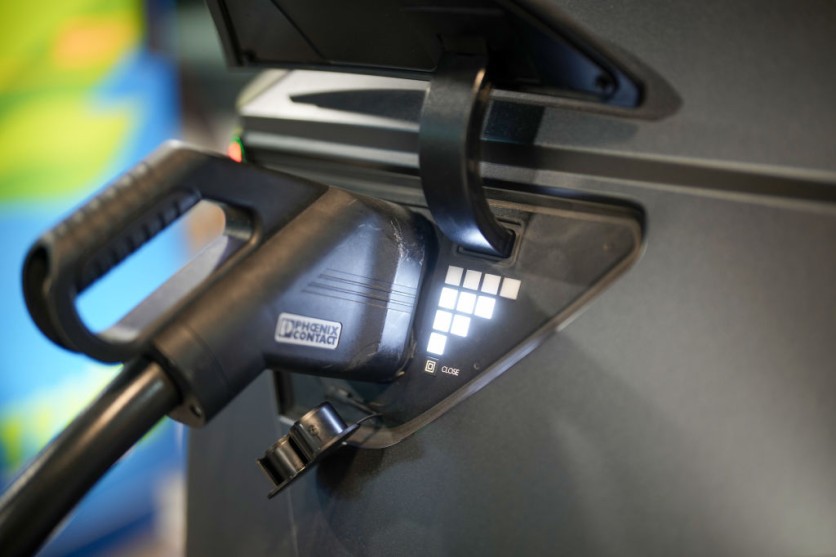Colder temperatures have emerged as potential allies in preserving the longevity of electric vehicle (EV) batteries. This analysis is rooted in data collected from a diverse range of over 12,500 Tesla vehicles scattered across the United States.

Longevity of EV Batteries in Colder Climates
A recent study has unveiled an intriguing aspect of Tesla vehicle batteries, exhibiting greater longevity in colder climates. This discovery is notable because EV batteries are typically sensitive to temperature fluctuations.
Conducted by Recurrent, this research drew upon data collected from more than 12,500 Tesla vehicles scattered across various regions in the US. Despite the mysteries surrounding EV battery health, Recurrent is engaged in addressing this challenge.
Interesting Engineering reported that the company's approach involves collaboration with thousands of EV drivers and the integration of advanced machine-learning techniques to shed light on the subject.
Recurrent's goal is to enhance transparency and confidence in pre-owned electric car transactions. The company firmly believes that achieving this can contribute significantly to accelerating the widespread adoption of electric vehicles.
This is a crucial step in mitigating the 20 percent of US carbon emissions, which currently stems from light-duty combustion engine vehicles. Recurrent aims to empower EV owners with the knowledge to safeguard their batteries against adverse weather conditions.
Research Involving Tesla Owners
The study also assessed Tesla owners' average range scores, reflecting how much of the original range remains usable. For instance, a Range Score of 90 indicates that the EV retains 90 percent of its initial range.
Recurrent opted for real-world range data rather than relying on the often unreliable EPA range figures at the vehicle's launch, according to Teslarati.
For this research, the company adopted the climate zone classifications provided by the US Department of Energy, encompassing "humid hot," "dry hot," "cold," "very cold," and "subarctic."
The study consolidated two hot climate zones and three cold climate zones, along with the "marine" zone, for comprehensive analysis. Findings revealed that EVs operating in cold and marine climates consistently achieved higher scores compared to their counterparts in hot climate zones.
The data was categorized based on vehicle models and age to ensure a fair comparison. For example, when examining 2020 Tesla Model Ys across various conditions, the study observed an average range score difference of 3 percent.
Understanding the factors behind battery aging may seem simplistic, but it's akin to how human bodies age. Batteries, like people, undergo a natural aging process.
In the case of humans, lifestyle choices such as exercise and adequate sleep can mitigate the effects of aging, while habits like smoking and excessive tanning can expedite it.
Batteries, too, exhibit a similar pattern. One key factor influencing their aging process is temperature, which can be likened to the impact of smoking on human health.
According to Recurrent, exposure to environmental heat infuses additional energy into the battery's electrochemical reactions. That, in turn, can accelerate undesirable chemical reactions, leading to premature battery aging.
Related Article : Scientists Introduce EV Battery For All Seasons

ⓒ 2026 TECHTIMES.com All rights reserved. Do not reproduce without permission.




